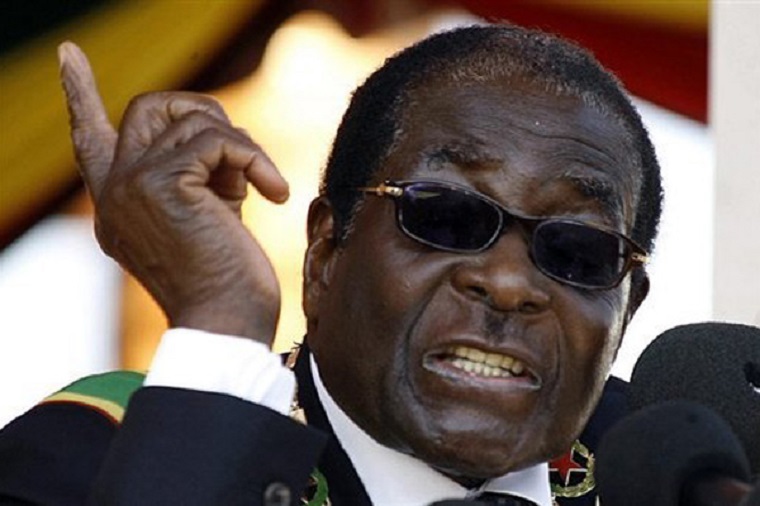The morning after President Robert Mugabe sacked his deputy, pensioners are still outside a branch of NBS on Samora Machel Avenue.
While we all gorged on a stream of news in a day of high political drama, engaged in fire online debates, celebrated the downfall of one faction and the victory of another, some elderly men and women spent the night on the pavement to be first in line for a measly pension.
The losing ZANU-PF faction is throwing tantrums, and the winners and their backers, from journalists to businessmen, are gloating.
Yet, the reality remains; the economy is in crisis and Mugabe, and his victorious faction, still don’t know what to do about it.
On the same day many marvelled at yet another show of Mugabe’s brutally efficient political skills, elsewhere, his lack of basic economic skills were quietly on display.
Away from the media glare, the government, saying “it is our duty to protect the nation”, reintroduced price controls. A raft of basic goods were put on a control list.
On the list are 16 commodities, from laundry soap, meat to cement. A special committee has been set up, and given a name that sounds like a lost echo from a long-gone communist era; the Taskforce on Price Stabilisation and Supply of Essential Commodities.
The last time a price controls were introduced, it did not end well. Agents from the National Pricing and Incomes Commission raided businesses, shutting down businesses, big and small, that refused to sell stock at a loss, arresting over 5000 businesspeople, including the head of OK, the country’s largest supermarket chain.
Because businesses were being forced to sell at less than cost, it made no sense to stay in business. As a result, supermarket shelves went empty, providing lasting images of crisis still imprinted in the minds of Zimbabweans to this day.
Continued next page
(302 VIEWS)
